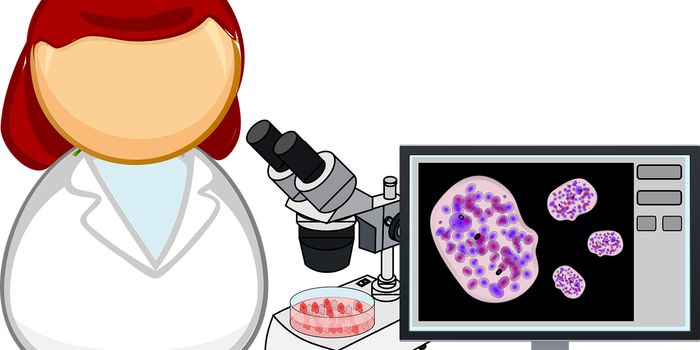Whole Blood Exchange May Reduce Amyloid Plaques in Alzheimer's
Whole blood exchange reduces the formation of amyloid beta plaques in mouse models of Alzheimer's disease. The corresponding study was published in Nature.
A buildup of amyloid proteins in the brain is thought to play a central role in Alzheimer's disease. Many researchers are thus working on potential treatments to target these proteins and prevent them from aggregating in the brain. However, a key complication in developing such treatments is delivering them across the blood-brain barrier.
In the current study, researchers performed whole blood exchange treatments that partially replaced blood from mice with amyloid buildups with complete blood from healthy mice from the same genetic background.
They found that after several blood transfusions, the development of cerebral amyloid plaques in mouse models of Alzheimer's reduced by 40%- 80%. They also reported improved spatial memory performance in aged mice and lowered rates of plaque growth over time.
"This article provides a proof-of-concept for the utilization of technologies commonly used in medical practice, such as plasmapheresis or blood dialysis, to 'clean' blood from Alzheimer's patients, reducing the buildup of toxic substances in the brain," said senior author Claudio Soto, Ph.D., professor in the Department of Neurology with McGovern Medical School at UTHealth Houston.
"This approach has the advantage that the disease can be treated in the circulation instead of in the brain," he added.
The researchers note that they still do not know exactly how blood exchange reduces amyloid pathology and improves memory. One theory, they noted, is that lowering amyloid beta proteins in the blood may help redistribute the peptide from the brain to the periphery. Other theories include that blood exchange may somehow prevent amyloid beta influx or inhibit the re-uptake of cleared amyloid beta.
Whatever the underlying mechanisms, the researchers note their findings suggest that a target for Alzheimer's disease may lie in peripheral circulation as opposed to beyond the blood-brain barrier.
Sources: Neuroscience News, Nature









